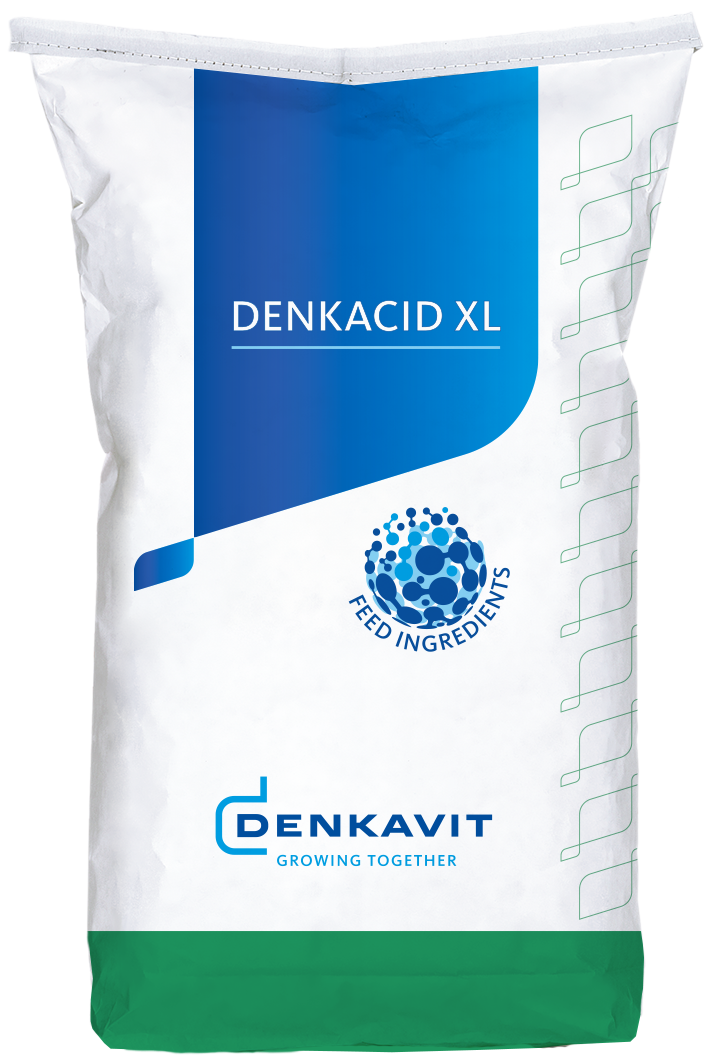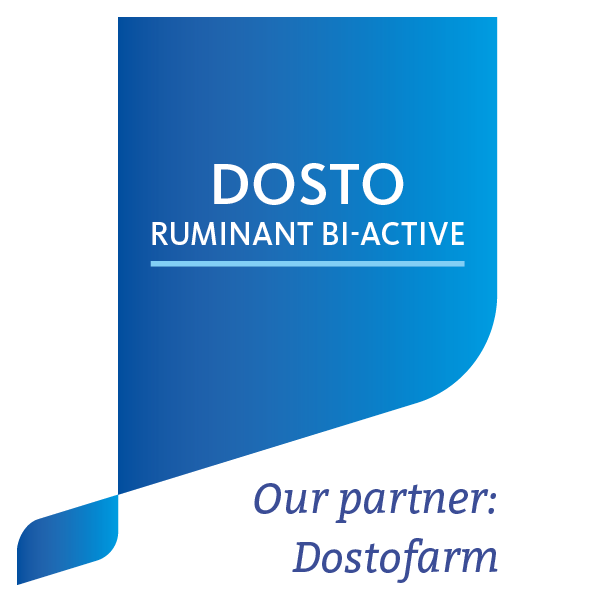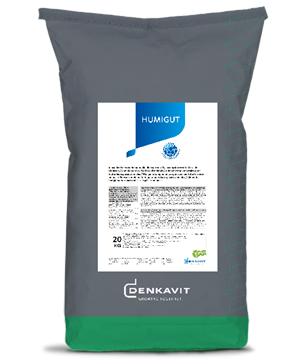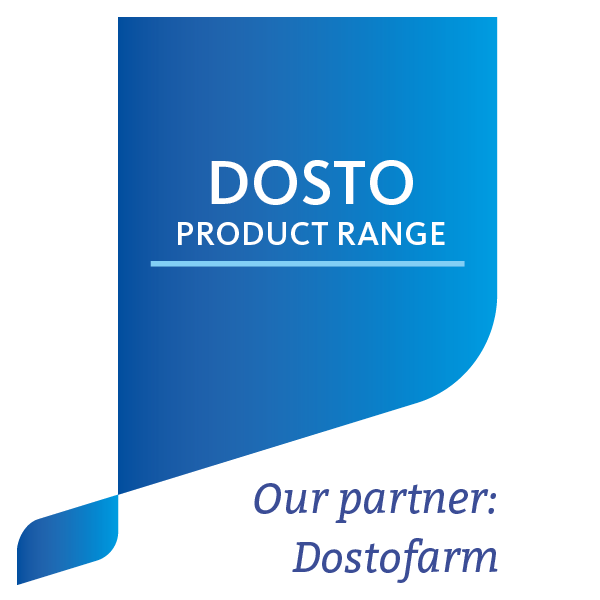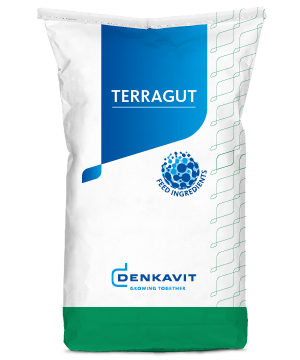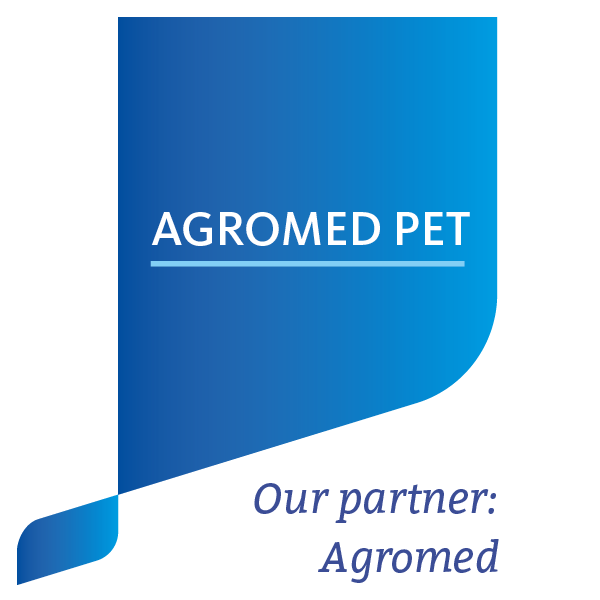
Gut Integrity & Ecology
Good gut integrity and ecology are crucial for livestock health, productivity, and well-being. A healthy gut supports nutrient absorption, immune function, and disease resistance, while reducing veterinary costs and antimicrobial resistance. Balanced gut microbiomes improve digestion and feed efficiency, enhancing overall livestock performance and promoting sustainable farming practices.

THE ROLE OF GUT HEALTH IN OPTIMISING LIVESTOCK PRODUCTIVITY AND WELL-BEING
Good gut integrity and ecology are fundamental to successful livestock farming, directly influencing animal health, productivity, and overall well-being. The gut is a critical organ for nutrient absorption, immune function, and disease resistance. Maintaining a healthy gut environment supports optimal digestion and nutrient utilisation, which in turn enhances growth rates, feed efficiency, and reproductive performance.
Strengthening gut integrity for enhanced health, welfare, and reduced antibiotic use
Healthy gut integrity involves a well-functioning intestinal barrier that prevents harmful pathogens and toxins from entering the bloodstream, thus reducing the risk of infections and inflammatory conditions. A robust gut lining contributes to better overall health, minimising the need for antibiotics and other medical interventions. This not only lowers veterinary costs but also promotes animal welfare and reduces the risk of antimicrobial resistance.
The importance of gut ecology for optimal digestion and immunity
Equally important is gut ecology, which refers to the balance of beneficial microorganisms within the digestive tract. A diverse and stable microbial community supports efficient digestion, synthesises essential nutrients, and outcompetes harmful bacteria. This balance is crucial for enhancing feed conversion, preventing gastrointestinal disorders, and boosting the immune system.
Optimising performance through effective gut health management
Effective management of gut health involves providing high-quality feed, implementing probiotics and prebiotics, and ensuring proper hygiene practices. By fostering a balanced gut microbiome and maintaining gut integrity, farmers can improve livestock performance, reduce disease incidence, and enhance overall productivity.
Conclusion
In summary, good gut integrity and ecology are key to maximising livestock health and efficiency, supporting sustainable farming practices, and ensuring better economic outcomes. Investing in gut health is essential for the long-term success and profitability of livestock operations.



